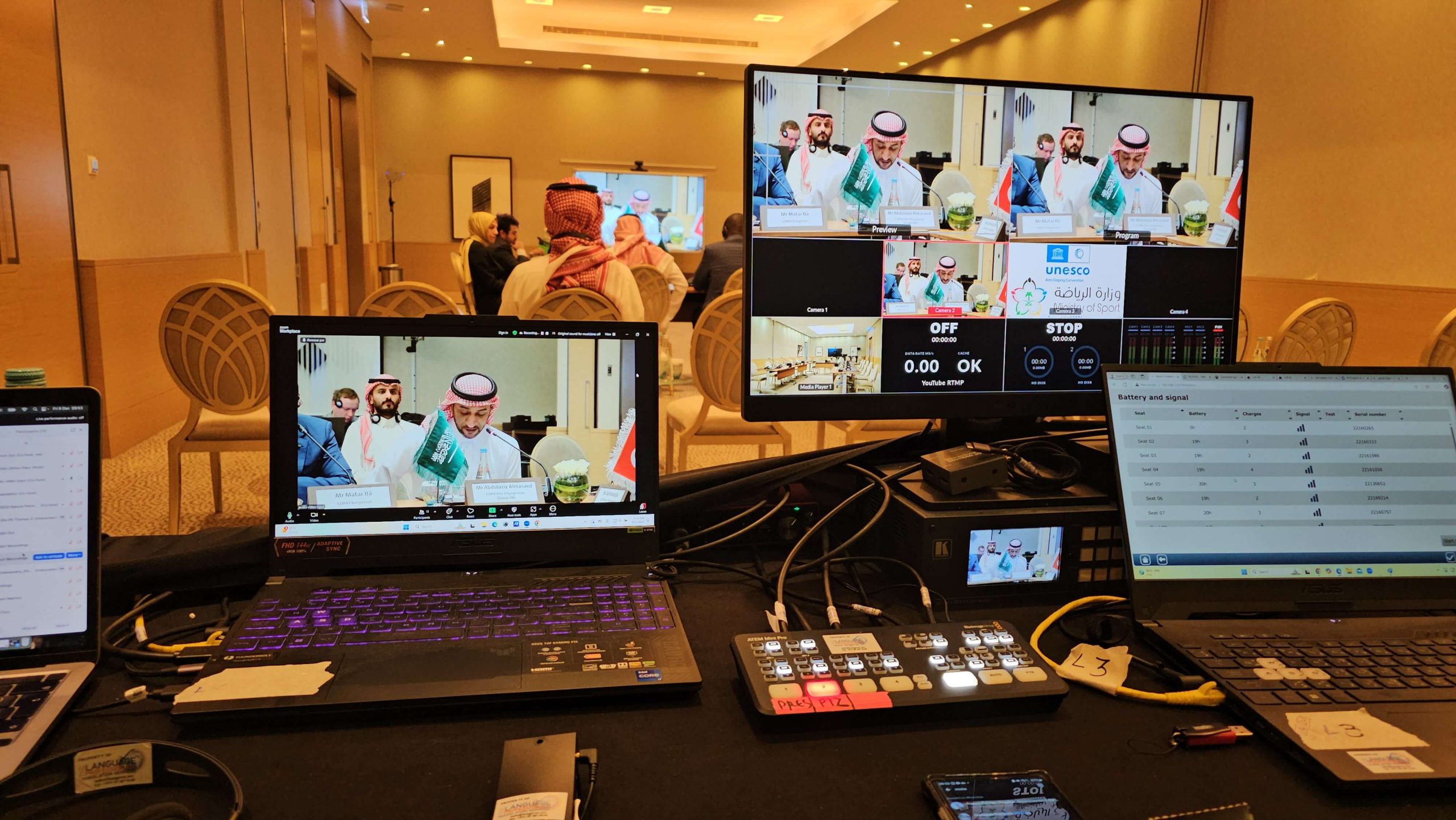
5 Tips for Mastering International Business Negotiations
In today’s global business landscape, companies are constantly seeking opportunities to expand and reach new markets. However, with new markets come new challenges, particularly in the form of language and cultural barriers. The ability to navigate these barriers effectively can make all the difference between success and failure in international business negotiations. In this article, we will share some practical tips for overcoming language and cultural barriers and achieving positive outcomes in your international business negotiations.
Research Your Business Partner’s Culture and Customs
Before entering into negotiations with a business partner from a different culture, it’s important to do some research on their culture and customs. This will help you understand their values and priorities, and anticipate any potential misunderstandings that could arise during the negotiation process. For example, in some cultures, it’s customary for negotiations to begin with small talk and pleasantries, while in others, negotiations may start more formally and possibly progress to small talk at a later stage.
Use a Professional Interpreter
If you and your business partner speak different languages, it’s important to use a professional interpreter or language service provider to ensure clear communication. This will help avoid misunderstandings and unintended offenses. It’s also important to ensure that the interpreter is trained in business terminology and etiquette so that they can accurately convey the meaning and intent of your message.
Respect Cultural Differences
During the negotiation process, it’s important to be respectful of your business partner’s culture and customs. This means being aware of your body language and tone of voice, as well as avoiding any behavior that might be perceived as rude or disrespectful. For example, in some cultures, direct eye contact is a sign of respect and attentiveness, while in others, it may be seen as aggressive or confrontational.
Be Patient and Flexible
Negotiating with business partners from different cultures can take longer than negotiating with those from your own culture. This is because there may be cultural differences that affect the negotiation process, such as the perception of time or the importance of building relationships. It’s important to be patient and show flexibility when negotiating with business partners from different cultures. This means taking the time to build a relationship and understanding their priorities, even if it takes longer than anticipated.
Follow Up on Agreements
Once an agreement has been reached, it’s important to follow up on your commitments and ensure that the terms of the agreement are met. This helps to build trust and strengthen your business relationship for future negotiations. Depending on the culture of your business partner, it may also be appropriate to exchange small gifts or tokens of appreciation as a sign of respect and gratitude.
The Bottom Line
Navigating language and cultural barriers in international business negotiations requires patience, cultural sensitivity, and a commitment to clear communication. By doing your research, respecting cultural differences, and using a professional interpreter or language service provider as needed, you can build strong business relationships with partners from different cultures and achieve successful outcomes in your international business negotiations. With these tips in mind, you can expand your business into new markets with confidence and achieve success in the global marketplace.





